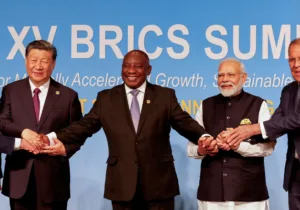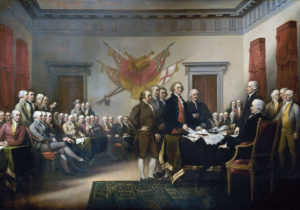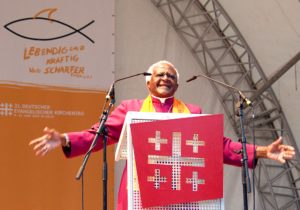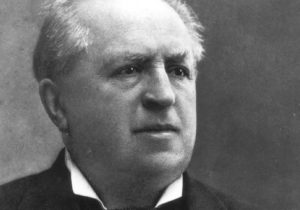South Africa’s Benedict Option
An Afrikaner community’s bid to preserve its identity
Peter BurnsOctober 2, 2023
Iran and BRICS: Can the Outlier be Tamed?
BRICS is adding many new members, including Iran; what will that mean for the Islamic Regime?
Farhad RezaeiSeptember 15, 2023
A Christian Exhortation to American Citizens
Richard Mouw is an American, and he loves his country the most, according to his newly released How to be a Patriotic Christian: Love of Country as Love of Neighbor.
Jackson WatersSeptember 5, 2022
Canada Should Fight for Justice for Victims of Flight PS752
The Islamic Revolutionary Guard Corps (IRGC) shot down Flight PS752 only a little more than two years ago, killing all the passengers and staff. There were 55 Canadian citizens and 30 permanent residents of Canada on the flight.
Siavash GholamiJune 15, 2022
Archbishop Tutu and an Often-Forgotten Hero
As we remember Archbishop Desmond Tutu, we should, amongst many others, also remember the great Reverend Beyers Naudé.
Paul MarshallDecember 31, 2021
How Christians Should Engage with Politics: A Conversation with John Barrett
In this interview, John Barrett answers several questions based on his book, “Evangelism and Politics: A Christian Perspective on the Church and the State.”
John Barrett & Craig BailieOctober 29, 2021
Abraham Kuyper among the Nations
We have an introductory, if provisional, picture of anti-Revolutionary foreign policy and Abraham Kuyper’s platform coming into the highest political office in the Netherlands in the early twentieth century. How did this platform fair? What “necessary adjustments” (as Kuyper called them) did he need to make between his Calvinistic international theory and the actual work of foreign policy?
Robert JoustraMay 15, 2020
Abraham Kuyper’s Overseas Manifesto
While much has been made of Abraham Kuyper’s Calvinistic contributions to domestic political theory, very little (in English) has been said of his foreign policy.
Robert JoustraMay 6, 2020
The Role of Morality in International Politics
What is the role of moral values in the conduct of foreign relations? Although many answers have been given, three major traditions predominate: realism, idealism, and principled realism.
Mark AmstutzOctober 25, 2019









